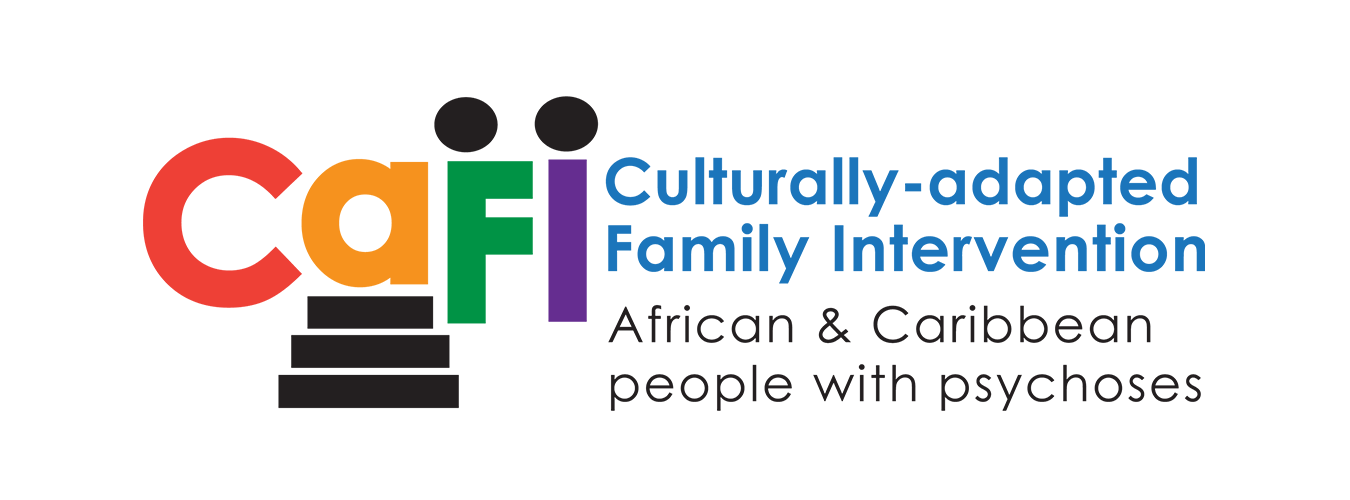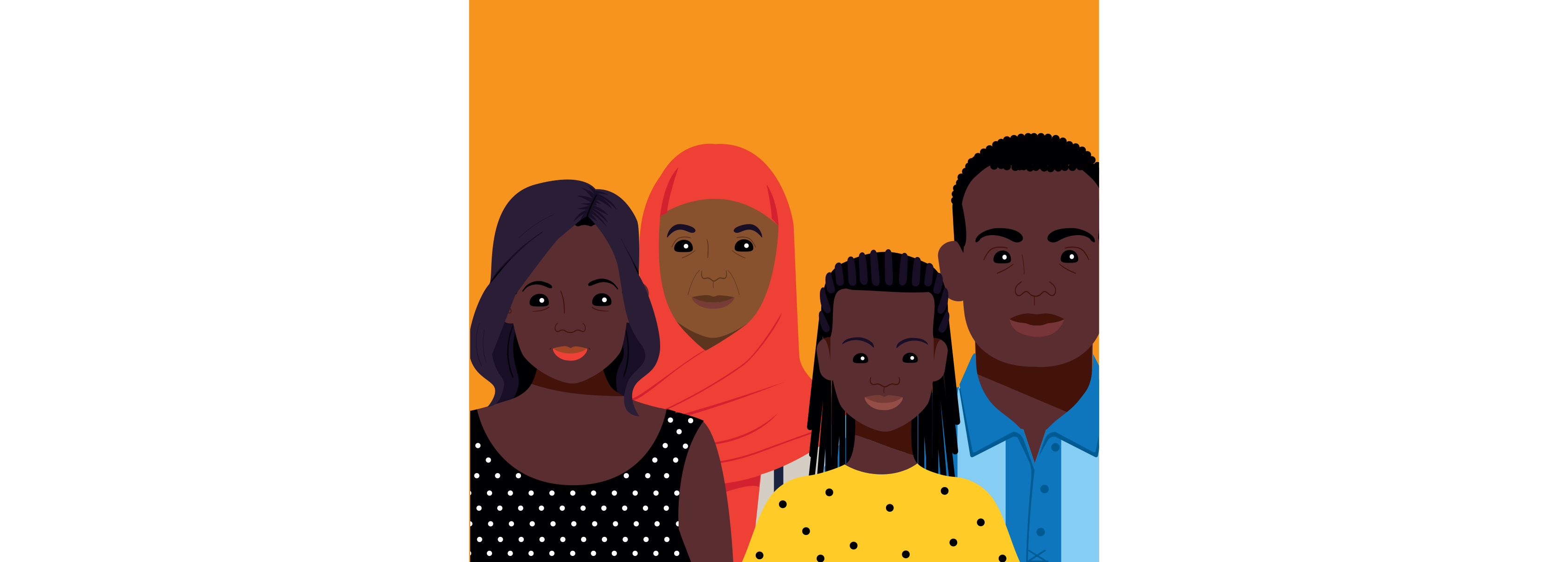 CaFI: Culturally-adapted Family Intervention
CaFI: Culturally-adapted Family Intervention
A NEW TALKING THERAPY FOR PEOPLE FROM SUB-SAHARAN AFRICAN AND CARIBBEAN BACKGROUNDS WITH EXPERIENCE OF PSYCHOSIS AND THOSE CLOSE TO THEM
WHY IS CAFI NEEDED?
In the UK, African-Caribbean people including those of Mixed heritage, are much more likely to be diagnosed with schizophrenia and to be ‘sectioned’ under the Mental Health Act than any other ethnic group.
The National Institute for Health and Care Excellence (NICE) highlight an urgent need to improve access to effective care, experiences of services, and outcomes for Black service users.
Delayed diagnosis and access to care also creates considerable tension, conflict, and increased burden on service user’s support network (family members, carers, friends, children) which can result in relationship breakdown. Lack of access to family support and social contact is, in turn, associated with service users’ social isolation and increased risk of relapse and readmission to hospital.
Getting families to understand service users’ experiences and helping service users to understand how their behaviour affects their families can reduce stress and conflict. Family Intervention (FI) is a type of talking therapy with strong evidence-base of clinical effectiveness for people diagnosed with schizophrenia and other forms of psychosis to support recovery. NICE recommends FI for schizophrenia and related psychoses because it improves self-management and problem solving which, in turn, has the potential to prevent relapse and readmission to hospital.
However, people of Sub-Saharan African and Caribbean origin are rarely offered psychological therapies in NHS psychiatric inpatient and community services. When these ‘talking treatments’ are offered, they often do not address people’s needs, experiences, and culture.
Whilst people from other ethnic groups may also experience these issues, they disproportionately impact Sub-Saharan African and Caribbean families due to deep-seated fear, mistrust, and avoidance of mental health services.
WHO MADE CAFI?
CaFI has been created by Professor Dawn Edge in collaboration with Black service users, their families, community members, mental health advocates, and health professionals for people from African-Caribbean backgrounds diagnosed with psychosis.



